Annelies Judson attended the Storylines Awards Day and shares her reflections on the event.
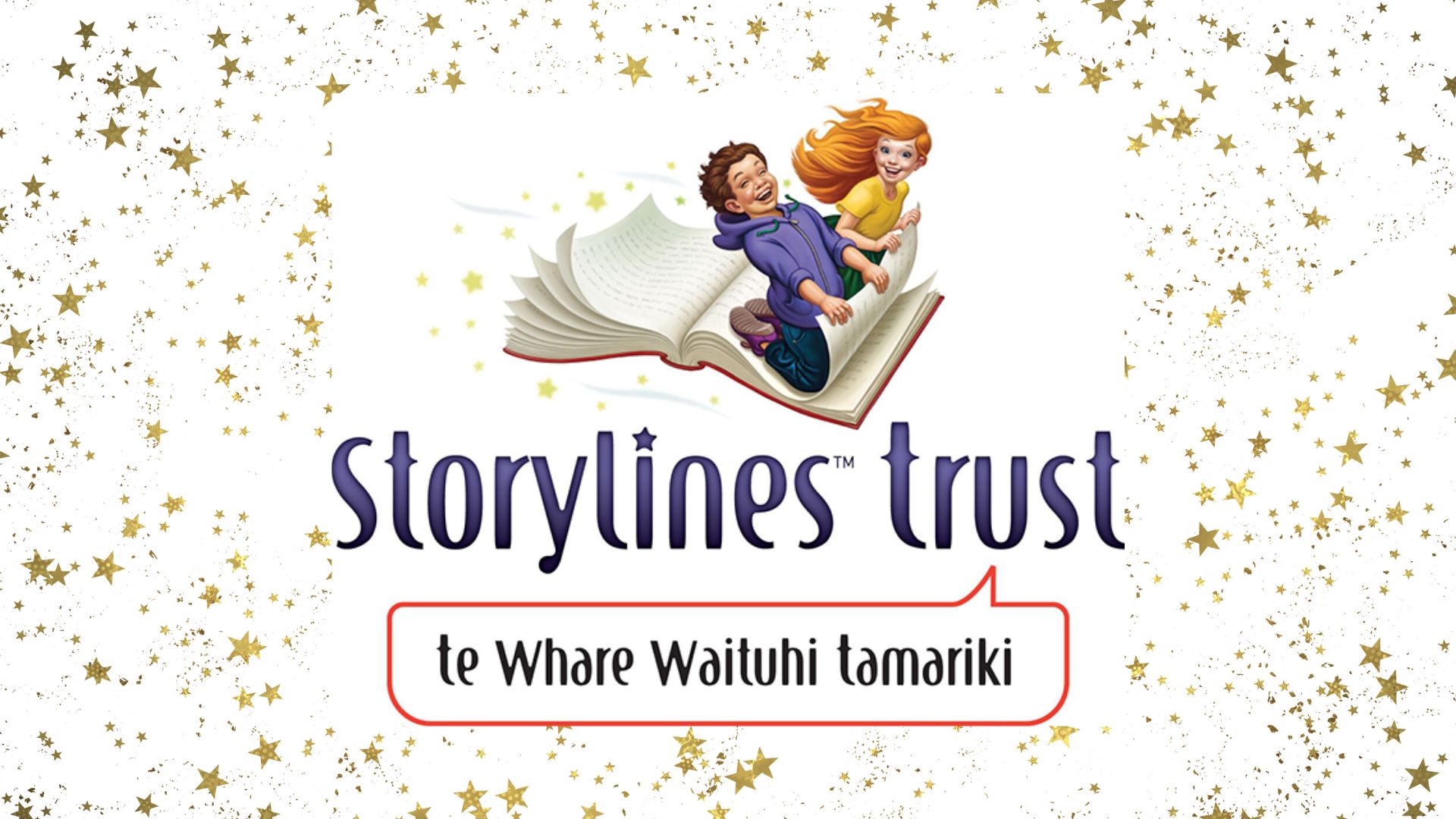
It is 10.45 am on a sunny Sunday afternoon. I am at the National Library in Tāmaki Makaurau. In the entrance area, people are given a name tag and directed inside, though the foyer is peppered with people who started chatting at the name tag table and haven’t yet made it through the doors. The main room is full of people talking and laughing, greeting friends and acquaintances, and buying children’s books. The children’s literature community is gathering together.
The Storylines Margaret Mahy National Awards Day is one of the biggest events in the children’s literature calendar in Aotearoa. It encompasses the presentation of various awards and honours, a book launch or two, the presentation of the Margaret Mahy Medal, and the associated lecture by the medal winner.
The event feels in part like a social gathering. If Aotearoa has two degrees of separation, then this event feels like it only has one. Everyone seems to know everyone. Despite this, everyone wears a name tag—because in this industry you might know someone’s name but have never seen their face—so there is a lot of glancing down at tags, followed by ‘Oh, it’s so nice to meet you in person!’
If Aotearoa has two degrees of separation, then this event feels like it only has one.
There is one footnote to this warm, friendly vibe. The average age in the room tends older, the average culture in the room tends Pakeha, and gender in the room tends very strongly female. This is a group of largely older white women. This is how children’s literature has been, for many, many years. For someone who is younger, not Pakeha, or not female, the environment probably feels a little less cuddly and welcoming. I believe this will change over the coming years, especially given the diversity of the current Storylines Trustees, but I think it will take deliberate effort from the members of Storylines to awhi illustrators and writers from a more diverse range of backgrounds, to make them feel part of this community too.
As 11 am draws near, the attendees—publishers, illustrators, librarians, authors, prospective illustrators and authors, and whānau of those being given an award—are all ushered towards the seats. After the opening mihi, the country’s most prestigious children’s literature honour, the Margaret Mahy Medal, is awarded to poet and author Paula Green. This is a special moment for Green, not only because of the honour, but also because this is her first public appearance in three years, following a bone marrow transplant in 2022. It is therefore an honour for the audience too, to be present to see this and to be able to hear her deliver the Margaret Mahy Medal Lecture.
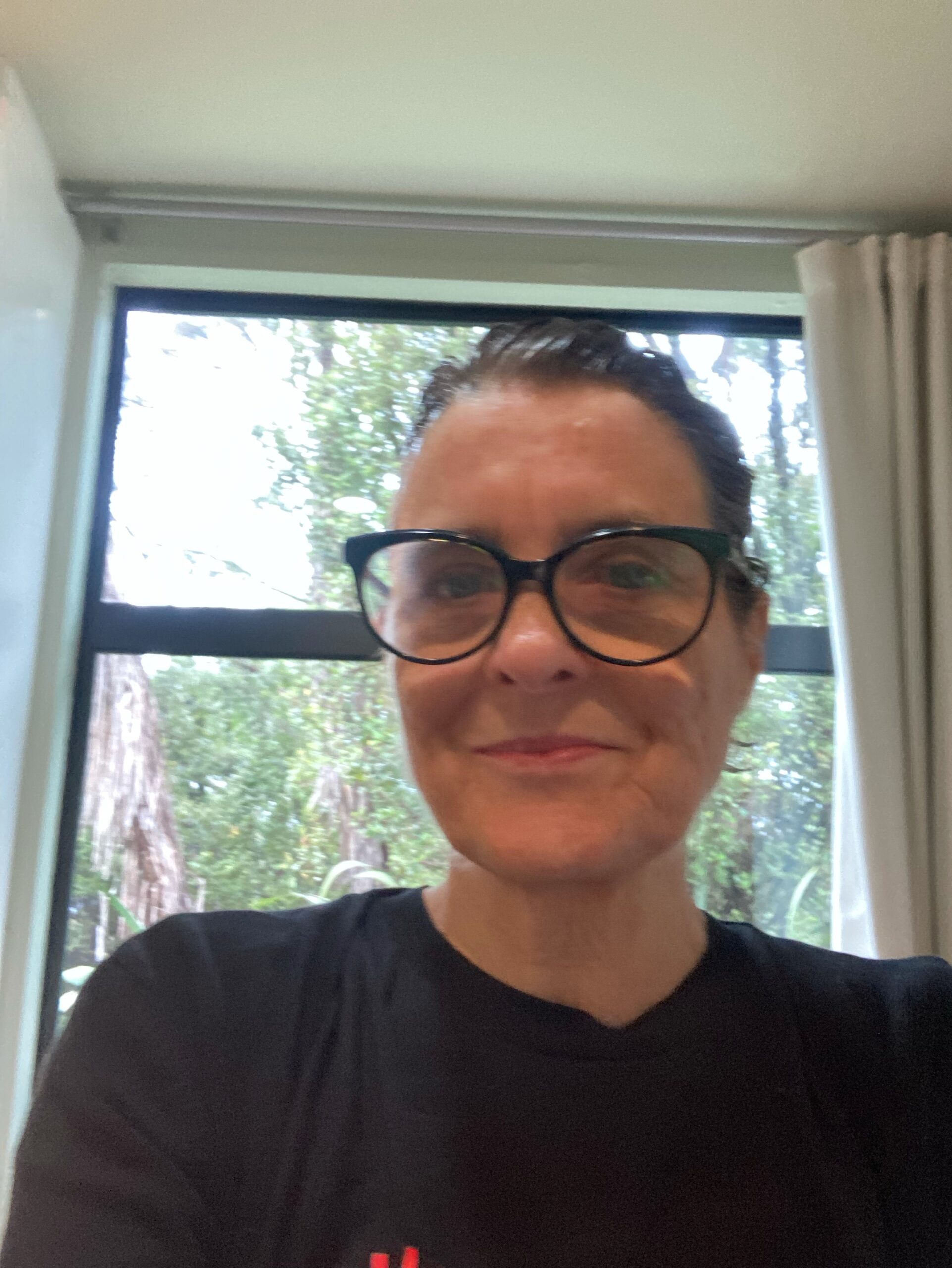
I have never heard Paula speak before: the entire time I’ve been part of this community, she’s been ill. And despite everything I know about her—award-winning poet, MNZM, Prime Minister’s Award for Literary Achievement—I was still taken aback by the way she constructed her talk, which was written with the ear of a poet. Every sentence felt considered, the words chosen to create maximum effect. It was a musicality that is rare in a speech, and I was captivated. I couldn’t write fast enough to keep up with the lines that were particularly memorable: ‘toxic political voices and choices’, ‘the complex thickets of feeling’, ‘my energy jar is small’, ‘the daily miracles and understandings, ‘a poem is a perfect vessel of imaginings’ … the list goes on. She structured her lecture around the metaphor of a quilt, and ten poetry ‘patches’ that represented the ten ideas that matter to her as a poet. I was so entranced by her speech at one point that I completely missed that she had covered patches seven and eight.
I was going to write a little about each of her patches (apart from seven and eight …), but actually, I recommend reading the entire lecture. I cannot do it justice, and it was so beautiful that it is worth enjoying in its entirety. What is especially special was the true love that she showed for the poetry of children, not just for children. For every poem she shared of her own, she shared one that was contributed by a child to her blog or one of her poetry collections. She acknowledged this right at the start, saying, ‘I will be reading you a few poems, some by me, some by children, because I want children’s voices in this mix.’ It is hard to imagine a better lecture for a medal that acknowledges ‘lifetime achievement and significant contribution to the broad field of children’s and young adult literature and literacy.’
… written with the ear of a poet.
Following Green’s lecture (and departure—her small energy jar meant that she had to leave directly after she spoke) came a brief refreshment break, during which there was more name-tag checking and nice to see yous, before attendees were called back to their chairs for a book launch. This was for Bear, the manuscript which won the biennial Tessa Duder Award (awarded to a young adult manuscript) at last year’s awards. The author, Kiri Lightfoot, her editor at Allen and Unwin, Jenny Hellen, and Tessa Duder herself, all spoke beautifully about the book, which I anticipate seeing on awards lists for 2025/2026.
Next, the 2024 Storylines Notable Books were acknowledged. The Notable Books (which were announced in November last year) are a great opportunity to see the range and quality of books that are being published in Aotearoa. However, there were a couple of anomalies this year. It was noted during the presentations that there were a lot of activity books in the non-fiction category, and it will be interesting to see if this was just chance, or if it represents a movement to more of these types of books being published. Another interesting aspect was that only two Notable Books were awarded in the young adult category. It wasn’t clear whether this was due to lack of entries, or lack of quality, or both. During the launch of Bear there was a comment made about the lack of YA books from Aotearoa, which would suggest the former, but people are often more hesitant about critiquing the quality of books published in Aotearoa, so there may be elements of the latter as well. The big question will be what moves are made by publishers, organisations and individuals to change things in this area.
… only two Notable Books were awarded in the young adult category.
Finally it was time for the Storylines Awards. Unlike the Margaret Mahy Medal and the Notable Books, the winners of these awards are a surprise, so there’s a certain excitement in the air. It’s also a time where new faces start to pop up; these awards have been the launching pad for many new authors over the years.
The winners of the 2025 Storylines Awards were:
The Storylines Gaelyn Gordon Award
Awarded for a work of fiction that did not win an award at the time of publication, but which is seen by Storylines to have stood the test of time and which is generally recognised as a successful, enduring children’s or young adult book.
Kuwi’s First Egg by Kat Quin (originally published under the name Kat Merewether).
It is delightful that Kat Quin has been acknowledged with this award. Quin is a rare and wonderful success story that shows what you can achieve with self publication. Her books are found across the motu and are testament not only to her skills as an author/illustrator, but also as a businessperson, PR person, marketing person, and all the other roles that Quin has filled over her years publishing the Kuwi books. So very well deserved.
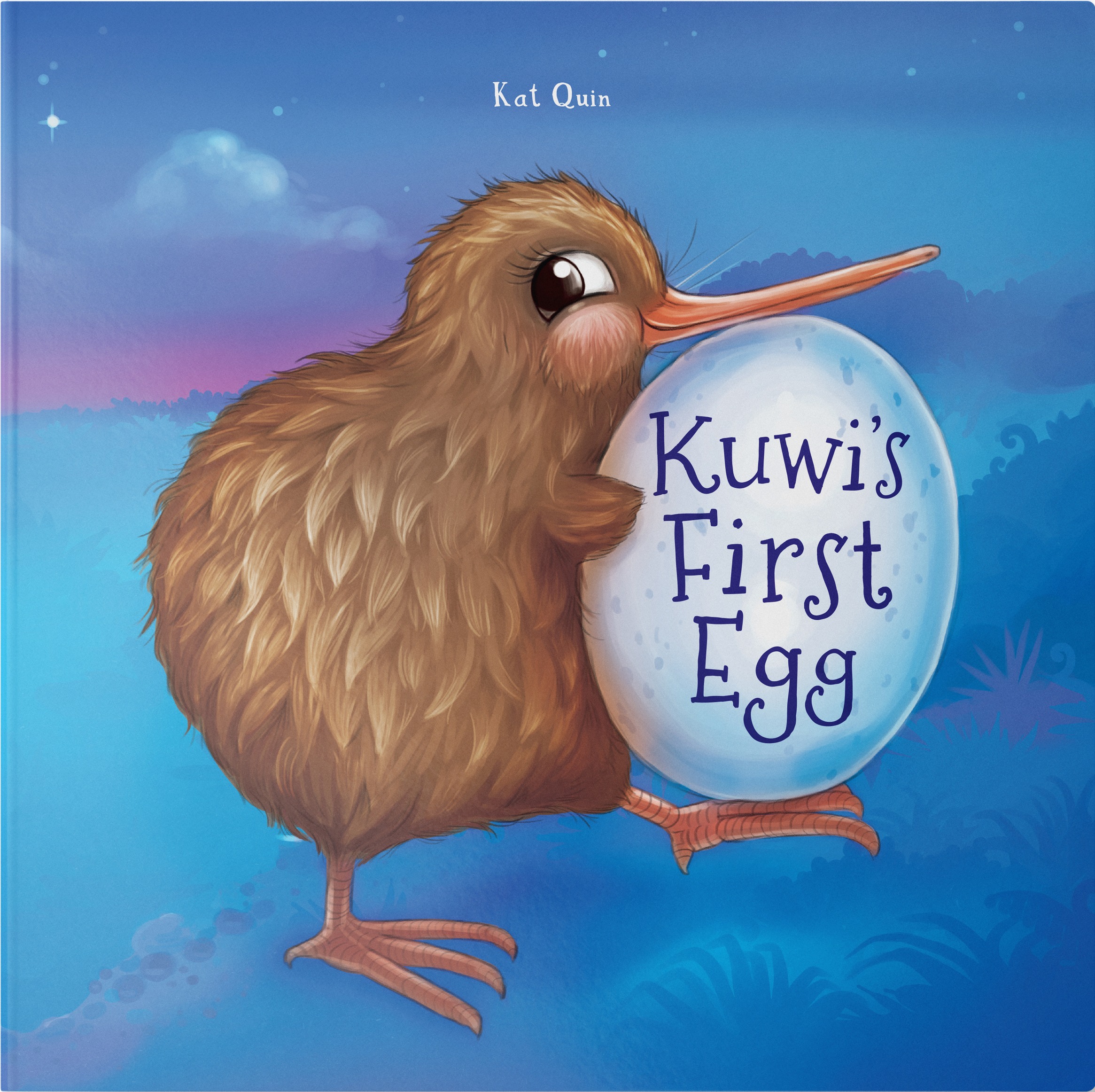
The Storylines Janice Marriott Mentoring Award
Awarded with the intention of building the quality and number of junior fiction manuscripts that successfully achieve publication; the winner receives six months’ mentoring from Janice Marriott.
Madeleine Roberts for ‘The Goose Bay Gang and the Secret Treasure.’
Madeleine Roberts writes adult crime books as Madeleine Eskedahl. This manuscript appears to be her first foray into children’s literature, so hopefully we see the results of this mentorship in bookstores in the near(ish – because publishing can take forever!) future.
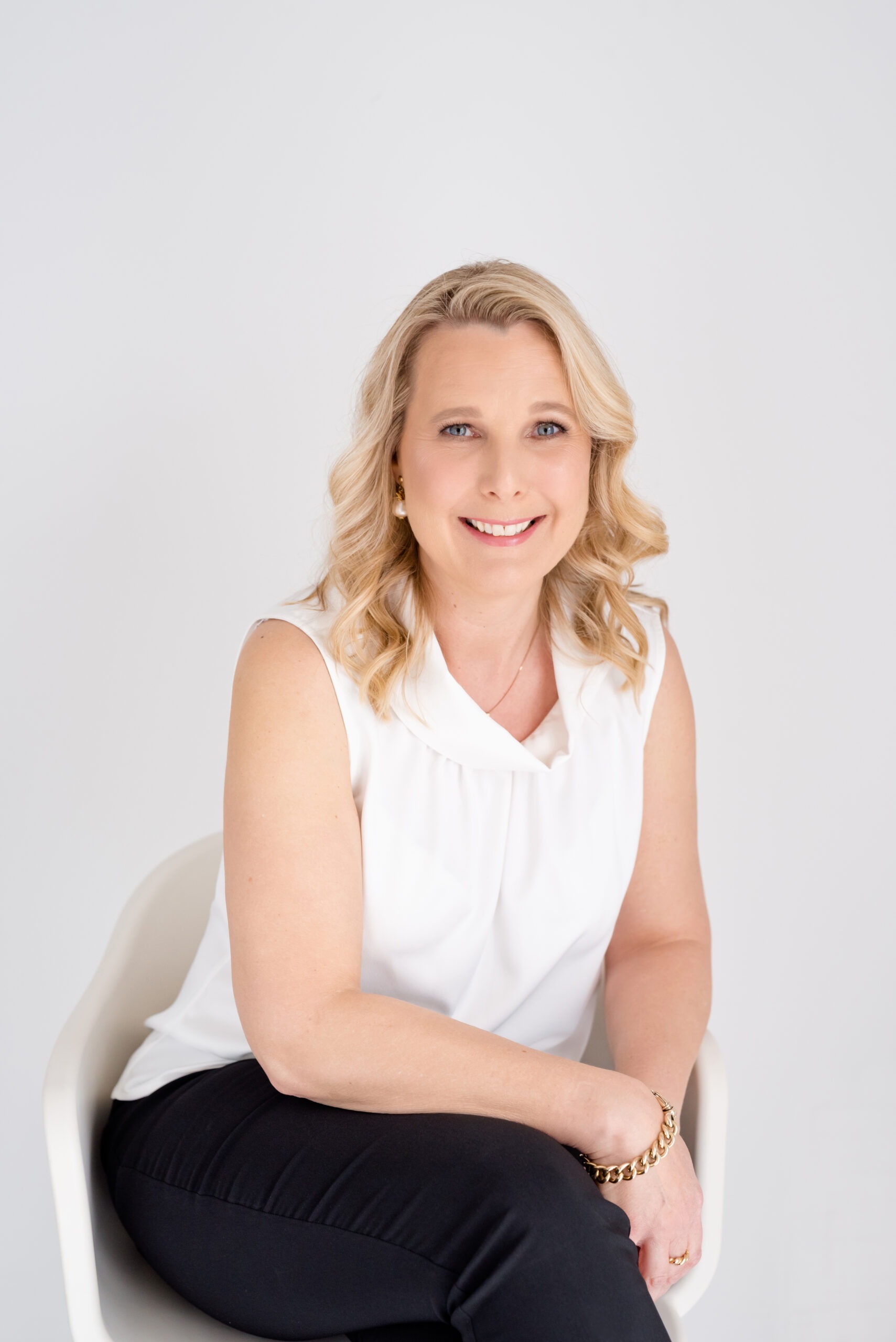
The Storylines Te Kahurangi Kāterina Te Heikōkō Mataira Award
Awarded to the New Zealand author of an unpublished work written originally in te reo Māori (i.e. not a translation); the award carries an offer of publication from Huia Books.
Brianne te Paa for ‘Te Taniwha Tōkenekene.’
This is the second time Te Paa has won this award, which is pretty impressive (especially considering that the award only began in 2019 and wasn’t given in 2024). Te Paa is also the Deputy Principal of Kaipara College and a Storylines Trustee, so I’m not quite sure where she finds the time to pen award-winning picture books. This year’s manuscript, titled Te Taniwha Tōnekeneke (the tickle monster), is based on a game that Te Paa plays with her nieces and nephews. Her first book Kua Whetūrangitia a Koro/How My Koro Became a Star won a number of awards, so I think there will be a lot of hope that this one will be as successful as her first.
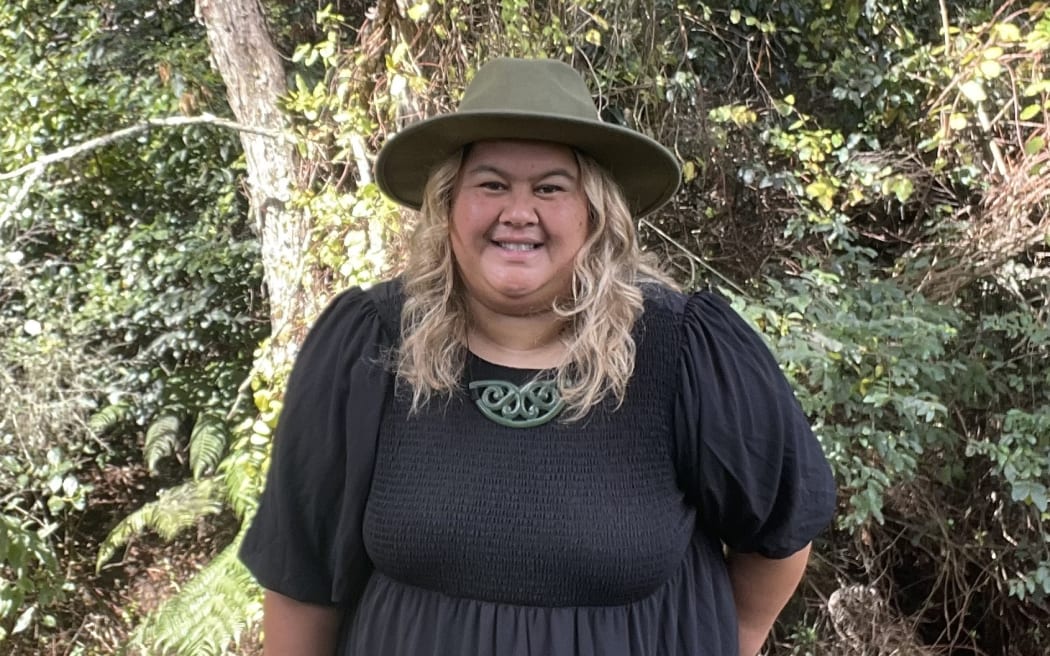
The Storylines Tom Fitzgibbon Award
Awarded for an original junior novel manuscript; the award carries an offer of publication from Scholastic New Zealand.
Shaun Barnett for ‘The Keepers of the Broken Coast.’
The presentation of this honour was a very emotional moment, as Barnett died not long after the manuscript was entered into the competition. The award was accepted by his wife, whose short speech gave a sense of the joy that Barnett had for writing, and the drive that he had to complete this manuscript after sitting on it for years. Barnett was a non-fiction writer of significant repute, contributing to various publications to do with Aotearoa’s great outdoors. This tribute from Wilderness Magazine is a beautiful read about his writing, and the many and varied things that he did to support New Zealand’s backcountry and ecosystems. The eventual publication of this manuscript will be a wonderful opportunity to honour his memory in a different way.
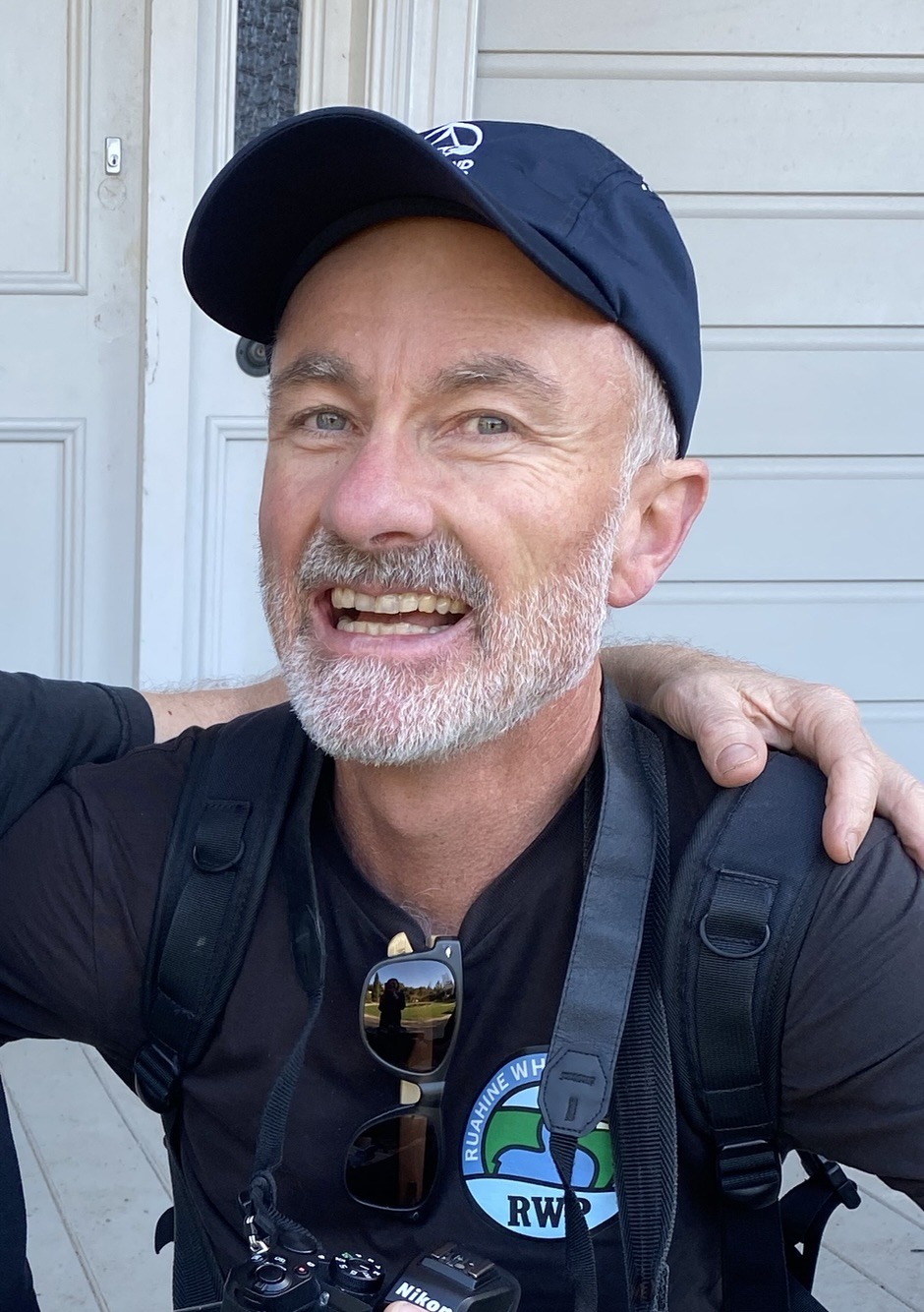
The Storylines Prize for an Unpublished Writer
Awarded to an unpublished writer whose manuscript was entered for the Tom Fitzgibbon Award.
Leah Carter
Carter was shortlisted for the Janice Marriott Mentoring Award in 2022. Although I’m unsure whether it was the same manuscript that was shortlisted for this year’s Tom Fitzgibbon Award, I would like to think that Carter has continued working on the same manuscript and achieved success with it. Publishing can be a very slow journey, and seeing people’s names crop up across multiple awards is testament to the commitment that writers must have in order to hone their craft.
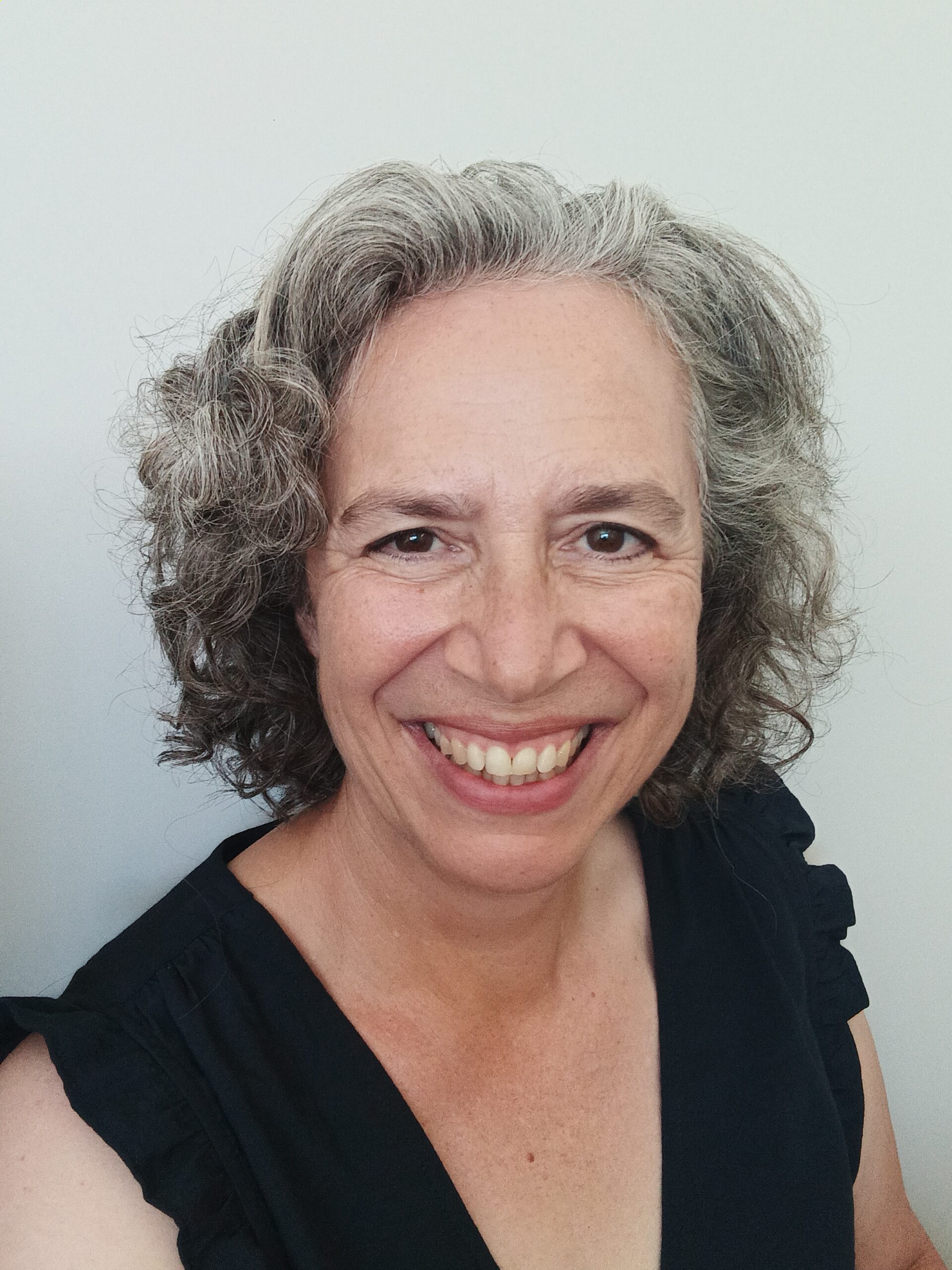
The Storylines Joy Cowley Award
Awarded for an original picture book text; the award carries an offer of publication from Scholastic New Zealand.
The Storylines Joy Cowley Award was not awarded this year. This is not unprecedented, but it is a little sad, as this award is such a great opportunity for an unknown author to get a foot in the door. I’m biased of course; I was the 2024 recipient of this award and I am so incredibly grateful for the opportunities that it has opened up, not only because it means that I will have my first book, Turkey Hurly-Burly, coming out this year, but also because it has given me connections and opportunities within this community. Penny Scown, editor at Scholastic, said during the presentation that they look for a book that is not simply as good as others on the market, but can stand out from the crowd, and that none of the manuscripts this year met this high bar. I absolutely appreciate and support the idea that the award should not be given if none of the manuscripts meet this criteria. To do otherwise would be to dilute the honour. However, this does make me wonder what support we are giving to up-and-coming writers to help them to hone their craft.
… they look for a book that is not simply as good as others on the market, but can stand out from the crowd
This takes me back to the chatting and the networking, and the sense of everyone knowing one another I had as I entered the awards. This is a welcoming community, but it is a small one. Newer writers may not know where to find it, how to become a part of it, or where to find other new writers. This is particularly true for writers from minority groups, who often have extra hurdles to jump over to try to make connections. I challenge us, as a community, to try to find ways to connect with new writers. To form critique groups, to invite them to coffee meetups, to find ways to support their writing. It would be great to have all of these awards awarded every year, because that would mean that there was depth in our industry, and that talent was being supported and nurtured even at the earliest stages of an illustrator’s or writer’s career.
The benefit of creating this kind of support is best underscored by the final part of the event, which was the launch for picture book Go, Scooter, Go! The text was written by Kyle Mewburn, one of the best-known children’s writers in Aotearoa, and a previous winner of the Joy Cowley Award. It was illustrated by last year’s Gavin Bishop Award winner, Kaye Julian, who was mentored by Bishop as she created the artwork. Here we have a well-respected member of the children’s literature community of Aotearoa launching a book with an up-and-coming illustrator, who herself has been mentored by an internationally recognised illustrator and author. This is the kind of tuakana-teina relationship that we can aspire to within our community. But ideally we would create these connections not just through the medium of the awards, but through fostering relationships that inspire or support up-and-coming illustrators and writers to enter something in the awards in the first place.
There is a huge amount of aroha within this little industry …
Though I have mentioned some areas for improvement—because it is always good to aspire to bigger and better things!—the Storylines Awards underscore Paula Green’s tenth ‘patch’: aroha. There is a huge amount of aroha within this little industry, and this event captures all of them: mentoring relationships, individual successes, the dedication of the volunteers and trustees of Storylines, the support for new illustrators and authors, the acknowledgement of the achievements of well-known illustrators and authors, the support and help of publishers, and the whānau and friends who support all these people to continue the tradition of high-quality children’s literature from right here in our own motu.
As Paula Green said, ‘love is the ink in my pen’. If there were ever an apt phrase with which to sum up our beautiful children’s literature community, that is it.
Annelies Judson
Annelies Judson writes book reviews and poetry for children, among other things. Her many loves include cooking, cricket, science and the em-dash. She can be found on Twitter/X and BlueSky @babybookdel and on Instagram @annelies_judson_writer. She also has a Substack newsletter starting February 2025, @anneliesjudsonwriter.




